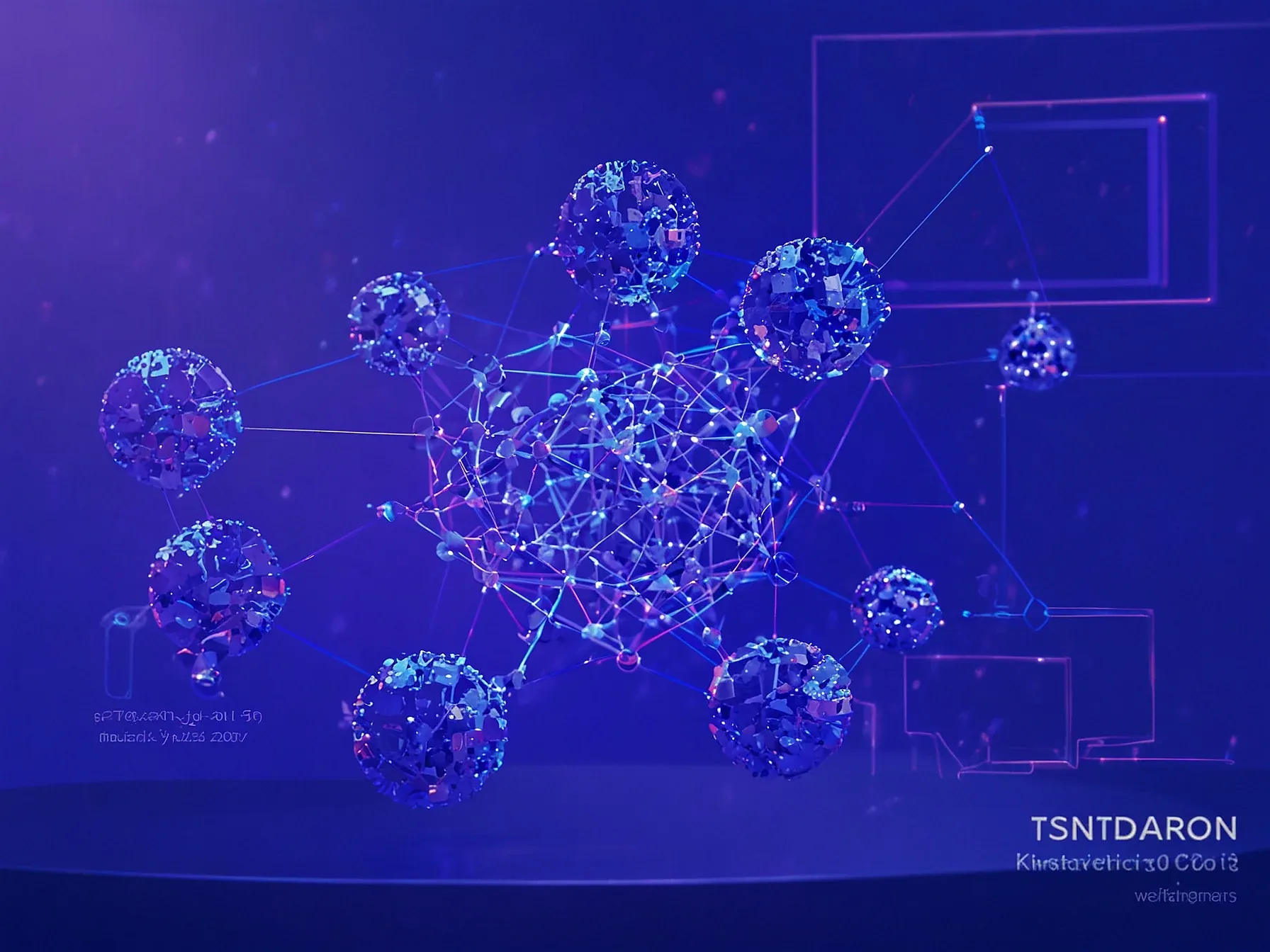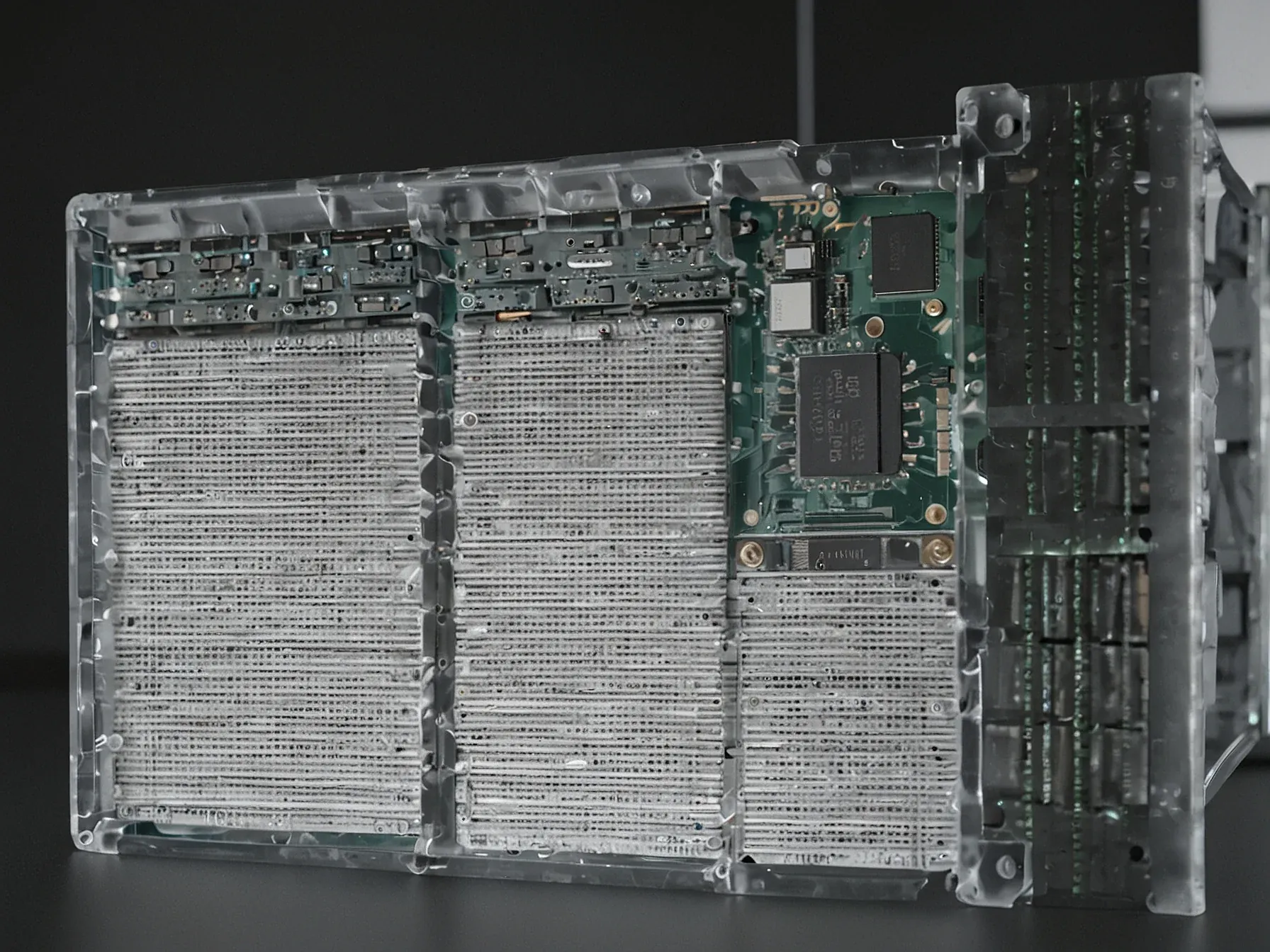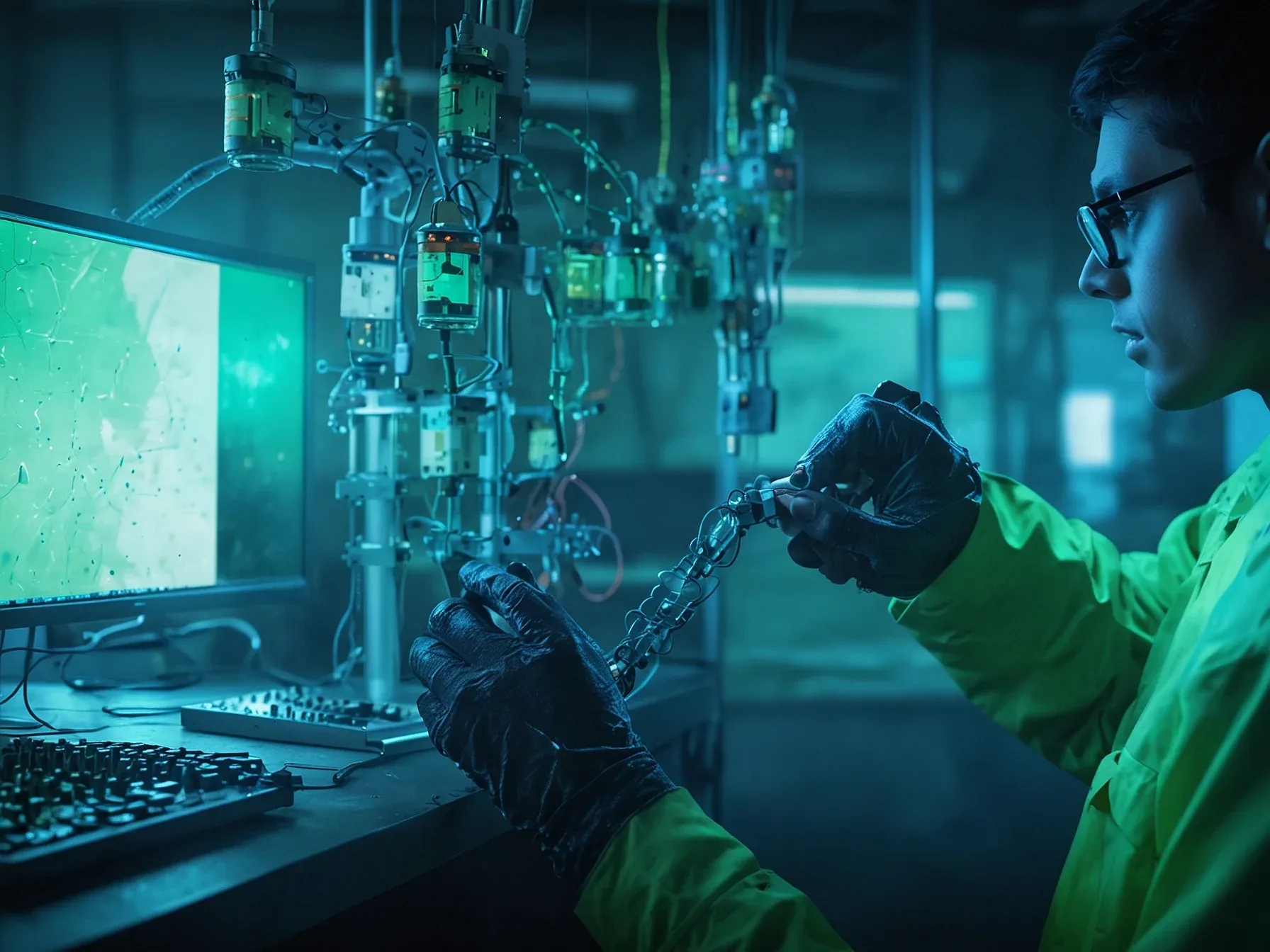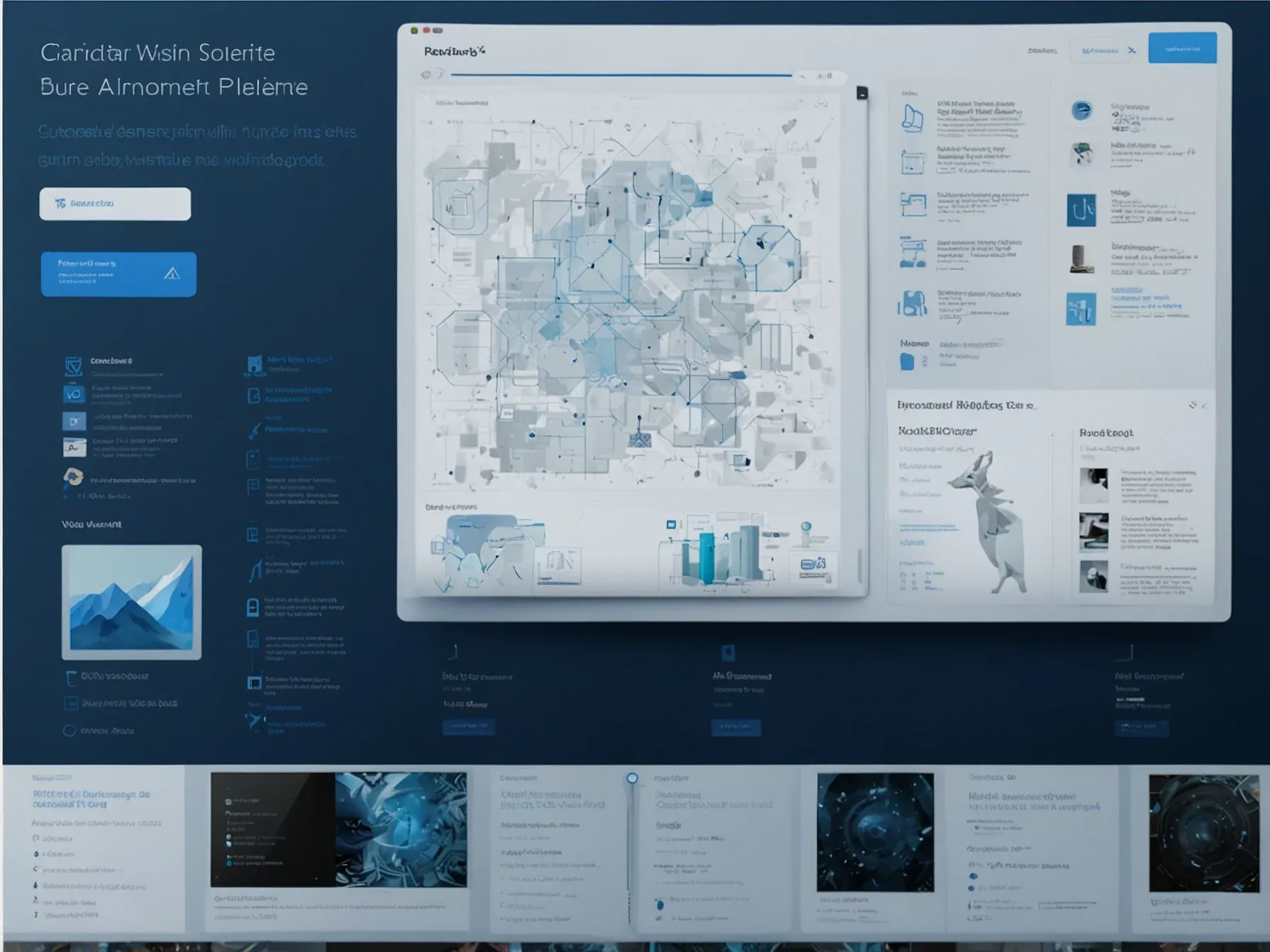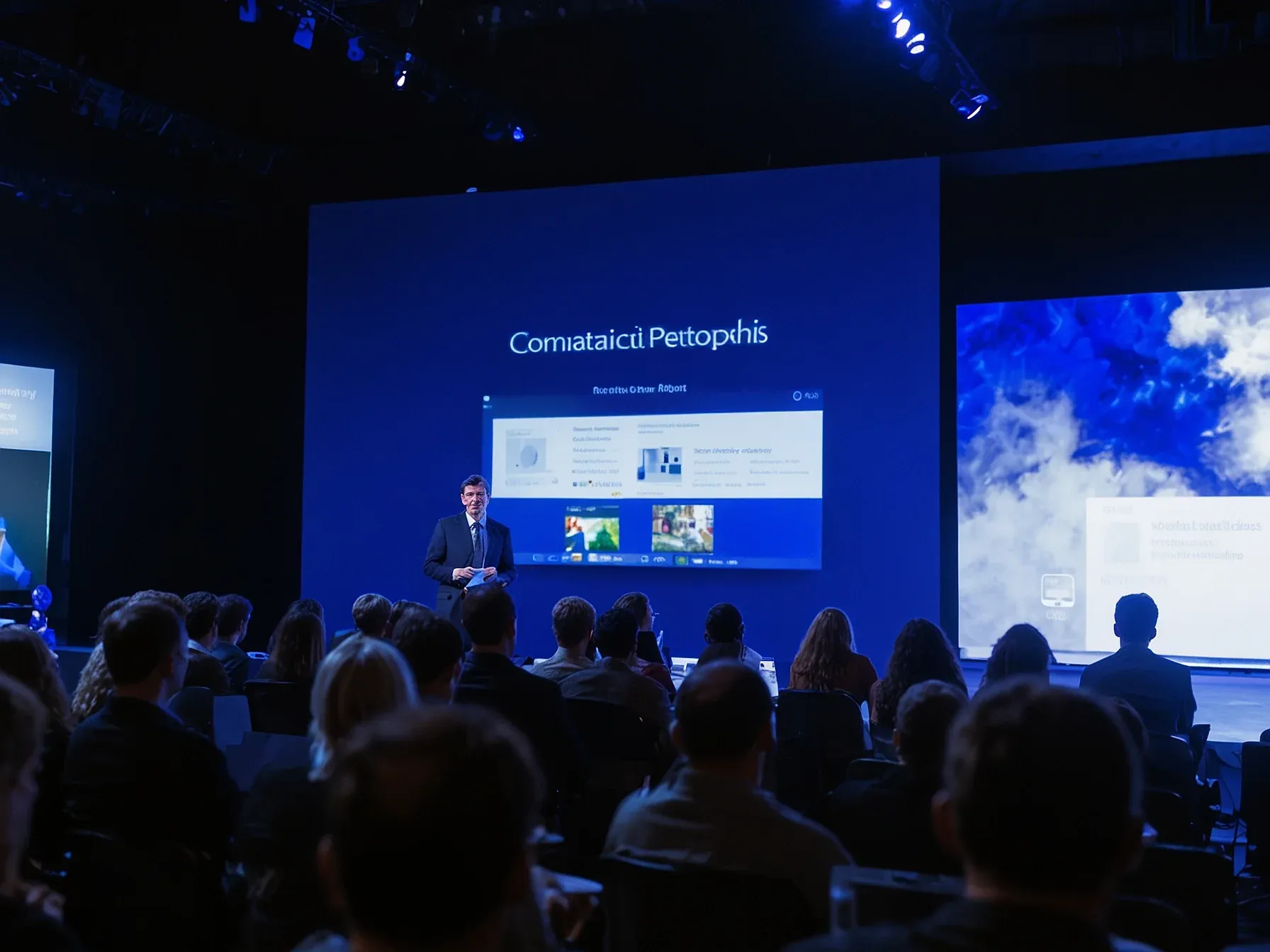
Editorial illustration for Claude AI Slashes SOC Threat Investigations from 5 Hours to 7 Minutes with 95% Accuracy
Claude AI Cuts SOC Threat Investigations by 99% Instantly
Anthropic's Claude reduces SOC investigations from 5 hrs to 7 min, 95% accuracy
Cybersecurity teams are drowning in alert fatigue. The sheer volume of potential threats can overwhelm even the most skilled security operations center (SOC) analysts, creating dangerous blind spots in network defense.
Enter Claude AI, Anthropic's latest solution targeting this critical challenge. The platform promises to dramatically reshape how organizations respond to potential security incidents, transforming what traditionally requires hours of painstaking human investigation.
Imagine cutting threat analysis from a full workday to roughly the time it takes to brew a cup of coffee. That's the provocative promise emerging from Anthropic's latest research into AI-powered security investigations.
The implications are stark for enterprises battling increasingly sophisticated cyber threats. By dramatically compressing investigation timelines, Claude AI could represent a fundamental shift in how organizations detect and respond to potential security breaches.
But speed isn't the only metric. The real game-changer? Maintaining near-perfect accuracy while radically accelerating threat assessment.
The company's DevOps and engineering teams discovered that platform-integrated AI can deliver comprehensive threat investigations matching senior SOC analyst decision-making with 95% accuracy, while reducing investigation time from five hours to under seven minutes, providing a 43x speed improvement. "The ideal approach is typically to use AI as a force multiplier for human analysts rather than a replacement," Vineet Arora, CTO for WinWire, told VentureBeat. "For example, AI can handle initial alert triage and routine responses to security issues, allowing analysts to focus their expertise on sophisticated threats and strategic work." eSentire's Hillard noted: "Earlier this year, around Claude 3.7, we started seeing the tool selection and the reasoning of conclusions across multiple evidence-gathering steps get to the point where it was matching our experts. We were hitting on something that would allow us to deliver better investigation quality for our customers, not just efficiency." The company compared Claude's autonomous investigations against their most experienced Tier 3 SOC analysts across 1,000 diverse scenarios spanning ransomware, lateral movement, credential compromise and advanced persistent threats, finding that it achieved 95% alignment with expert judgment and 99.3% threat suppression on first contact.
The integration of AI into security operations represents a key shift in threat investigation capabilities. Claude's remarkable performance, reducing investigation times from five hours to seven minutes while maintaining 95% accuracy, signals a potential breakthrough for cybersecurity teams.
Experts like Vineet Arora emphasize that AI should augment, not replace, human analysts. This approach transforms AI into a powerful tool that accelerates decision-making without eliminating critical human oversight.
The 43x speed improvement could be major for security teams constantly battling complex and evolving digital threats. By dramatically compressing investigation timelines, organizations might significantly reduce potential damage windows during security incidents.
Still, the technology's true value lies in its collaborative potential. AI's ability to match senior SOC analyst decision-making suggests not just faster, but potentially smarter threat response mechanisms.
While promising, the technology remains an emerging solution. Cybersecurity teams will likely continue refining and testing these AI-powered approaches to ensure consistent, reliable performance across diverse threat landscapes.
Further Reading
- Claude News Timeline - ClaudeLog
- Technical Overview of the Anthropic AI Espionage Attack - Legion Security
- How 2026 Could Decide the Future of Artificial Intelligence - Council on Foreign Relations
Common Questions Answered
How does Claude AI improve SOC threat investigation times?
Claude AI reduces threat investigation times from five hours to under seven minutes, representing a 43x speed improvement. The platform can match senior SOC analyst decision-making with 95% accuracy, dramatically accelerating the threat assessment process.
What is the recommended approach for using AI in cybersecurity threat investigations?
According to Vineet Arora, CTO of WinWire, the ideal approach is to use AI as a force multiplier for human analysts rather than a complete replacement. This means AI should augment human capabilities by handling initial assessments and speeding up investigation processes.
What specific challenge does Claude AI address in cybersecurity operations?
Claude AI directly tackles alert fatigue, a critical problem where cybersecurity teams are overwhelmed by the massive volume of potential security threats. By providing rapid, accurate threat investigations, the platform helps prevent dangerous blind spots in network defense.
